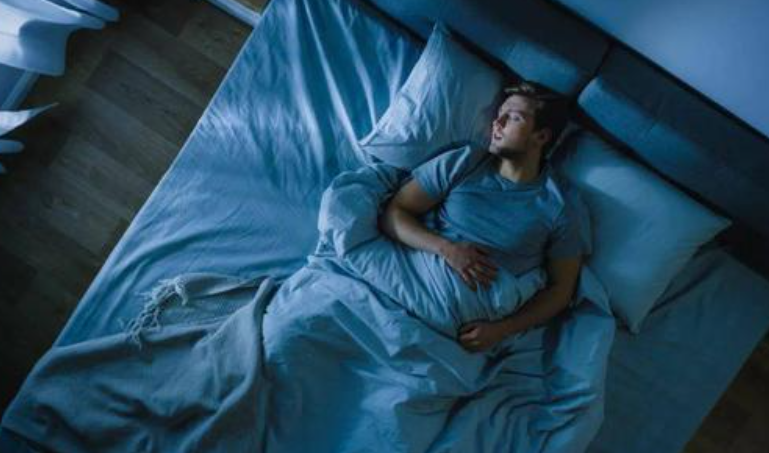
"Did you sleep well?" is replacing "Did you eat?" as the conversation starter for many friends. No one would have predicted that the routine of sleeping would become a problem today.
In fact, without these data "endorsement", in the daily consumption scenario, the continuous hot sleep "peripheral" products are enough to explain everything.
Melatonin, sour dates, steam eye masks, latex mattresses, wearable devices that monitor sleep quality, etc., each outlet supports a small market.
In order to get rid of the temptation of mobile phones, forcibly quit the "addiction" of brushing mobile phones before going to bed, and eliminate the possibility of constantly sleeping late, mobile phone timing boxes and mobile phone locks have recently become the new darling of the market.
Will the rise of the sleep economy make us sleep better? Although there have not been rigorous statistics or studies, this does not seem to be the case when it comes to everyday experience.
In the overwhelming economic marketing of sleep, sleep has become a scarce and valuable resource. Under the narrative packaging of medical discourse, various sleep AIDS have become the "god assists" of sleep, which seems to amplify people's sleep anxiety.
Sleep, of course, is a medical phenomenon, but it is also a cultural phenomenon.
We may overestimate our control over sleep, and in turn underestimate the influence of social culture in shaping how we sleep.
In an efficient society, where the narrative that "effort always pays off" is still prevalent today, getting up late, sleeping, and sleeping for a long time are often tied to labels like laziness and burnout.
On social media, posts such as "Have you ever seen a library at 4am?" always go viral, and short videos of waking up early become templates for many to follow.
In this discourse, complaining about busyness seems to be the standard of success, and sleep freedom is sometimes seen as evidence of failure or idleness.
No one denies that when it comes to sleep, everyone has their own optimal mode, and flexible sleep arrangements are personal freedom.
But in the face of culture and other influences that can be said to be omnipresent, individuals seem to have no resistance at all.
Many people can go to bed early, but also take the initiative to choose to stay up late to study or work, in the name of getting back the control of time, but in fact, it is also a compromise and decoding of the social popular "sleep correct".
Of course, sleep is not just a personal issue, but a social one. Many people have to go to bed late and are forced to sleep poorly, and it is not just their own management problems such as personal self-control or emotional processing.
For example, the utilitarian education concept and teaching method make children bear a heavy burden of schoolwork, so the phenomenon of insufficient sleep continues to be prominent; The work mechanism that blurs working time and private time also makes workers have to keep "online", and free sleep becomes a luxury.
Sleep is so important to us that we spend nearly a third of our lives in bed.
Everyone can make a long list of the health hazards of chronic sleep deprivation.
It is not only the health of individuals that is damaged by these violations.
How to save sleep should not be just one person's struggle. Clearly, our struggle has just begun and there is a long way to go.

